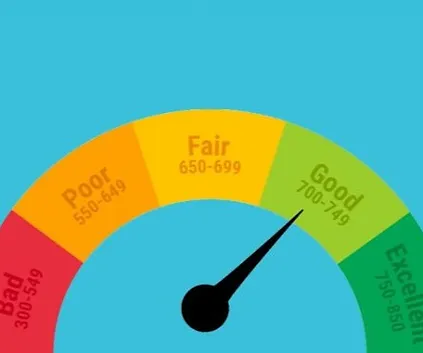



Home Loans: These are secured loans that provide funds to buy or build a home. They can be further classified into:
Loan Against Property (LAP): This is a type of mortgage loan where borrowers pledge their property (commercial or residential) to get funds from lending institutions. The original documents of the property have to be deposited with the lender until the loan is repaid in full.
New Car Loan: A Car Loan is a type of secured loan where you can borrow money to purchase a new car. The car itself serves as collateral for the loan. Here are some key details about car loans:

Used Car Loan: A Used Car Loan, also known as a pre-owned or second-hand car loan, is a loan that you can take out to purchase a used car. Here are some key details about used car loans:

A Business Loans a type of loan that is specifically intended for business purposes. They can be secured or unsecured, and they often have flexible repayment terms to accommodate the needs of different businesses. Here are some key details about business loans:
Business loanscan be used for various purposes such as business expansion, working capital, buying raw material and inventory, paying debts, and meeting all other business requirements.
A Commercial Vehicle Loan is a type of loan that you can take out to purchase a commercial vehicle. Here are some key details about commercial vehicle loans:

Remember,
Maintaining a good credit score can help you get approved for a car
loan faster and at lower interest rates.
You can use online tools like auto loan calculators to estimate your
monthly car payment and total loan cost based on vehicle price,
interest rate, down payment, sales tax, fees, and more.
Please note that the specific terms and conditions of these loans can
vary based on the lender and the borrower’s creditworthiness.
It’s always a good idea to check with multiple banks and compare their
offerings before deciding on a loan.
Let us know if you need help with anything else!
CIBIL, or the Credit Information Bureau (India) Limited, is an Indian credit information company. It collects and maintains records of an individual’s payments pertaining to loans and credit cards. This information is used to create Credit Information Reports (CIR) and credit scores which are provided to lenders in order to help assess and approve loan applications.
The CIBIL Score is a 3-digit numeric summary of your credit history, rating, and report, ranging from 300 to 900. The score is derived from your borrowing and repayment history, as well as other variables that affect your financial position. Lenders, such as banks and credit card companies, use this score to evaluate the potential risk posed by lending money to consumers.
TransUnion CIBIL offers several services such as:

You can check your CIBIL score for free once a year. If you find any inaccuracies in your CIBIL Report, you can submit a dispute. For more information, you can visit the official CIBIL website.

An EMI (Equated Monthly Installment)calculator is a utility tool that helps you calculate the amount you repay each month towards your loan. It’s used to calculate the EMI amount on various types of loans such as car loans, home loans, bike loans, or personal loans.
EMIpayments contribute towards the loan amount and accrued interest on the loan amount. The initial EMI payments contribute more towards the interest component of the loan and this procedure is termed as front loading. In the later stages of the loan tenure, the major contribution of the EMI goes towards repayment of the loan principal.Please note that this is a simple explanation and might not include all aspects of a real-world EMI calculation such as processing fees or taxes. For a more comprehensive understanding, you might want to consult with a financial advisor or use a specialized financial software.
Credit Score: A decent credit score is crucial as it indicates your creditworthiness.
Income: A constant income flow is necessary. The minimum income requirement can vary across lenders.
Age: Generally, the age limit is between 23 and 60 years at the time of loan application. However, this can vary depending on the type of loan and the lender.
Employment: You should have a stable job. For instance, banks require you to have a job for at least 2 years, with a minimum of 1 year with the current employer.
Assets: Having assets such as Fixed Deposits (FDs), investments, immovable property, etc., can improve your eligibility.
Check your eligibility: Most banks and financial institutions have loan eligibility calculators on their websites. You can input your details such as income, existing loans, age, etc., and the calculator will give you an estimate of the loan amount you are eligible for.
Contact the Lender Directly: You can also contact the bank or financial institution directly. They will ask for necessary details and documents to check your eligibility.
Consult a Financial Advisor: A financial advisor can provide personalized advice based on your financial situation and help you understand how much you can borrow.
Remember, each lender may have different criteria for determining loan eligibility, so it’s a good idea to check with multiple lenders to find the best fit for your needs. Always ensure that you borrow within your means to avoid financial stress in the future.

Remember, these are general criteria and can vary based on the type of loan (personal, home, etc.) and the lender’s specific requirements. It’s always best to check with the specific bank or financial institution for their exact eligibility criteria.